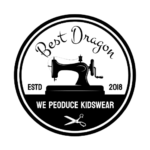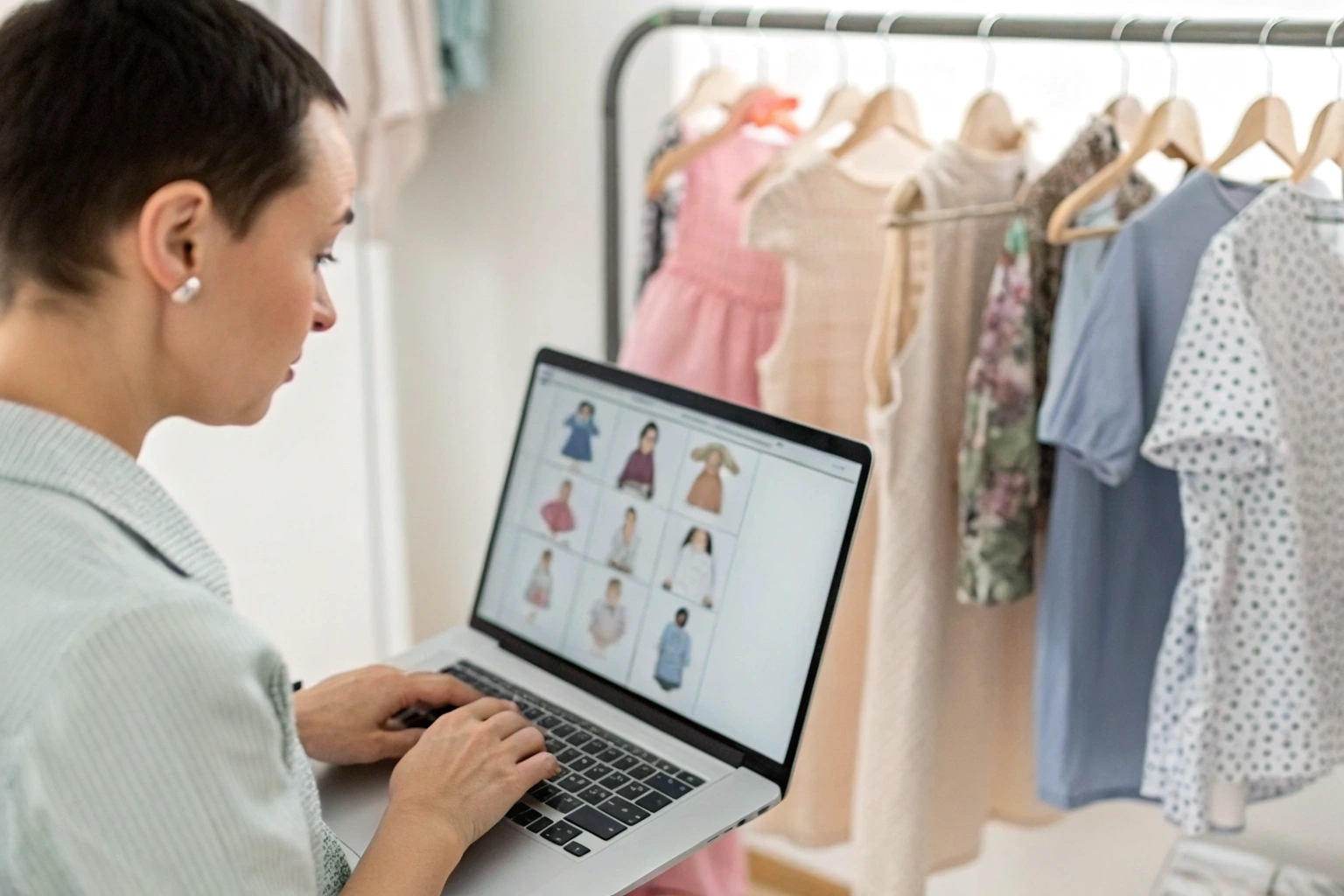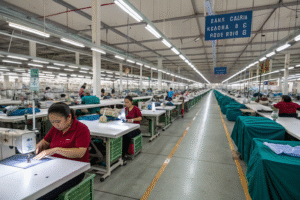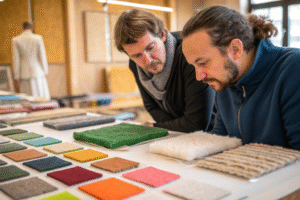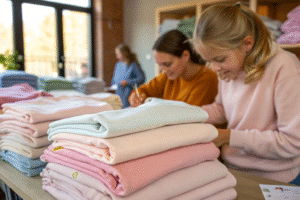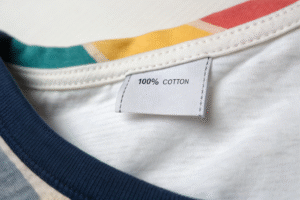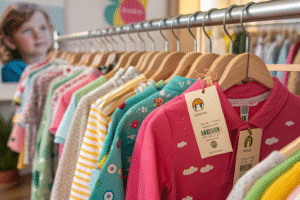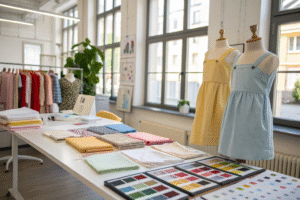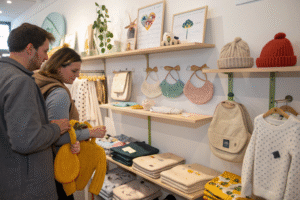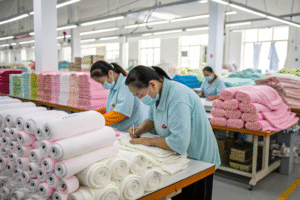Finding the right wholesale supplier for children’s clothing is critical for business success. Quality, pricing, and reliability all play a role in selecting the best partner.
The best wholesale suppliers for children’s clothing offer quality products, flexible order quantities, and reliable delivery. Top sourcing options include direct manufacturers, online wholesale platforms, and trade shows.
This guide explores the best platforms to sell children’s clothing, how to start a kidswear business, and the costs involved.
What is the best platform to sell children’s clothes?
Selling children’s clothing online and in stores is a growing industry. But which platform is best for sales?
The best platform to sell children’s clothing depends on your business model. Shopify, Amazon, and Etsy work well for online stores, while wholesale sellers benefit from Faire, Alibaba, or direct supplier partnerships.
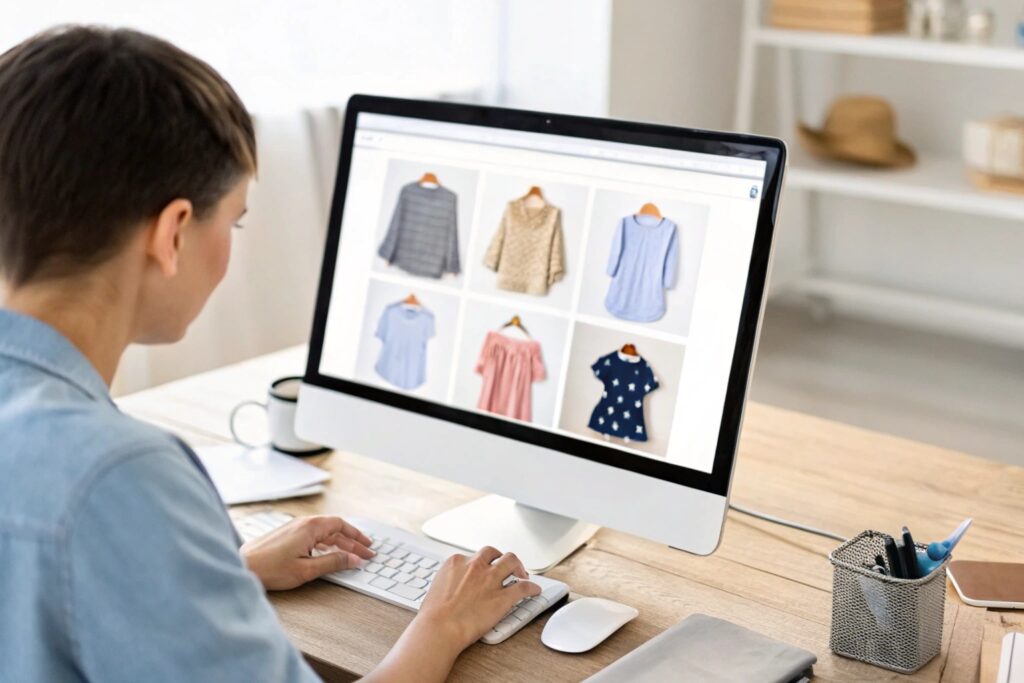
What are the top platforms for selling kidswear?
- Shopify – Best for creating an independent online store with branding.
- Amazon – Great for mass-market children’s clothing with high volume.
- Etsy – Ideal for boutique and handmade kidswear.
- Faire – Wholesale marketplace connecting retailers with suppliers.
- Instagram & Facebook Shops – Direct-to-consumer selling through social media.
- Alibaba & Global Sources – For sourcing bulk wholesale from manufacturers.
| Platform | Best For | Challenges |
|---|---|---|
| Shopify | Branded kidswear stores | Requires marketing |
| Amazon | Large-scale sales | High competition |
| Etsy | Handmade & custom designs | Limited scalability |
| Faire | Wholesale B2B orders | Requires brand approval |
| Social-driven sales | Best for small drops | |
| Alibaba | Bulk sourcing & private label | MOQ requirements |
How do I choose the right platform?
- If you want full control, Shopify is best.
- If you’re targeting wholesale buyers, try Faire.
- If you prefer bulk B2B sourcing, Alibaba is the go-to.
At Fumao, we supply brands selling on Shopify, Amazon, and independent stores, helping them with private labeling and bulk orders.
How to start a children’s clothing business?
Starting a children’s clothing business requires careful planning. What are the key steps?
To start a children’s clothing business, choose a niche, find reliable suppliers, create branding, and develop a strong marketing strategy. Focusing on quality and safety is essential in kidswear.
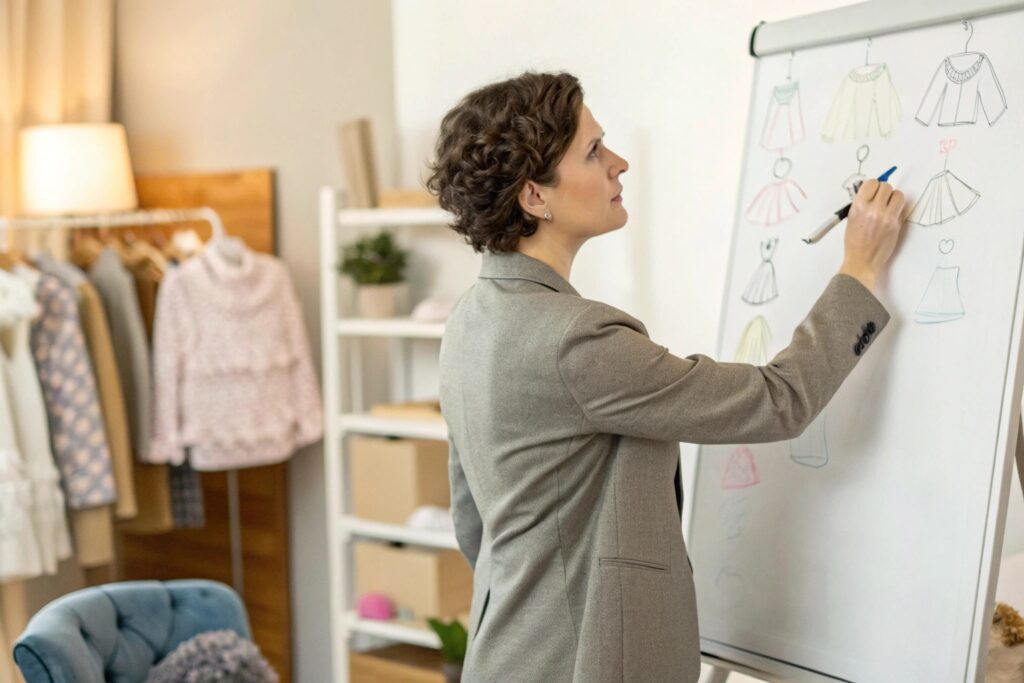
What are the key steps to launching a kidswear business?
- Select a Niche – Organic babywear, school uniforms, trendy kids’ fashion?
- Find a Wholesale Supplier – Work with manufacturers or bulk vendors.
- Design & Branding – Create a unique selling point (USP).
- Set Up a Sales Channel – Shopify, Amazon, or direct retail?
- Handle Logistics & Pricing – Manage inventory, shipping, and costs.
| Business Model | Best For | Considerations |
|---|---|---|
| Private Label | Custom branding | Higher MOQ |
| Dropshipping | Low startup costs | Less control over inventory |
| Wholesale | Retail stores | Bulk purchasing required |
| Custom Design | Unique collections | Longer lead times |
How do I stand out in the competitive kidswear market?
- Offer organic & sustainable options – Eco-friendly materials attract modern parents.
- Provide quality assurance – Parents prioritize safety and durability.
- Create a strong brand identity – A memorable logo, colors, and designs help.
- Use social media marketing – Instagram and TikTok drive engagement.
Is selling children’s clothes profitable?
Many entrepreneurs wonder if the children’s clothing business is worth the investment. Can it generate strong profits?
Yes, selling children’s clothes is profitable because of recurring purchases, strong demand, and high perceived value. However, profit margins depend on sourcing costs, branding, and pricing strategy.
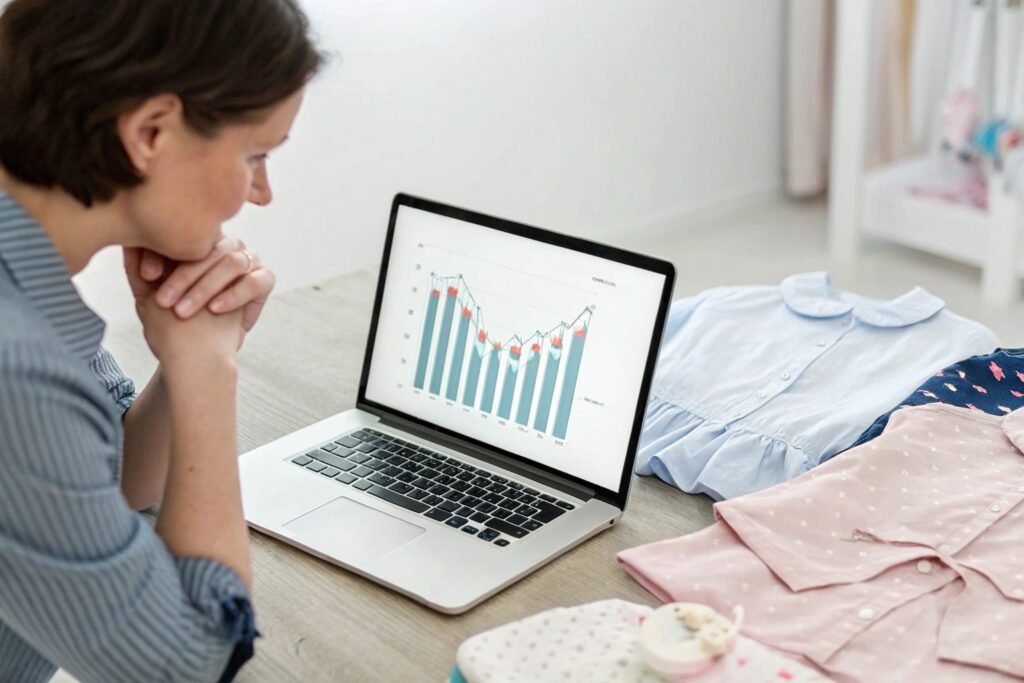
Why is kidswear a profitable niche?
- Repeat Purchases – Kids outgrow clothes fast, so parents buy frequently.
- Emotional Buying – Parents want the best for their children and are willing to spend.
- Seasonal Trends – Back-to-school, holiday outfits, and special occasions drive sales.
- High Margin Potential – Branded and custom kidswear often carries premium pricing.
| Factor | How It Affects Profitability |
|---|---|
| Fast Growth | Kids outgrow clothes quickly, increasing demand |
| Specialty Markets | Niche products like organic or custom designs can have higher margins |
| Production Costs | Lower costs from manufacturers lead to better profit margins |
| Brand Positioning | Premium brands can charge more per piece |
What are the challenges in the kidswear business?
- Sizing Consistency – Returns can be high if sizing varies.
- Quality Expectations – Parents demand durable, safe fabrics.
- Competition – The market is crowded, so branding is key.
Brands that balance quality, pricing, and unique designs succeed in kidswear. That’s why I always recommend working with experienced manufacturers to ensure consistency.
How much does it cost to start a kids clothing line?
Starting a kidswear brand sounds great, but what are the real costs?
Starting a children’s clothing line typically costs between $5,000 to $50,000, depending on production scale, design complexity, and marketing investment. A small drop-shipping business costs less, while private labeling or custom manufacturing requires higher capital.

What are the main costs of launching a kidswear brand?
| Expense Category | Estimated Cost Range |
|---|---|
| Product Samples | $100 – $1,000 |
| Bulk Production | $2,000 – $30,000 |
| Branding & Design | $500 – $5,000 |
| Website & E-Commerce | $500 – $5,000 |
| Marketing & Ads | $1,000 – $10,000 |
| Shipping & Logistics | $500 – $5,000 |
What affects the startup cost?
- MOQ (Minimum Order Quantity) – Factories have different requirements.
- Fabric & Design Complexity – Premium materials cost more.
- Marketing Budget – Paid ads, influencer partnerships, and promotions add up.
For example, private-label brands investing in custom fabrics and branding will need a larger budget than a dropshipping business with generic stock.
How can I minimize startup costs?
- Start with small batch orders – Test the market before committing.
- Use print-on-demand or dropshipping – Reduces upfront inventory costs.
- Leverage social media for marketing – Free platforms like Instagram can drive traffic.
At Fumao, we offer low MOQ private labeling so startups can launch without excessive upfront investment.
Conclusion
The children’s clothing business is a profitable but competitive industry. Success depends on choosing the right wholesale suppliers, selling platforms, and branding strategy. By focusing on quality, niche selection, and smart pricing, you can build a strong and scalable kidswear brand.
